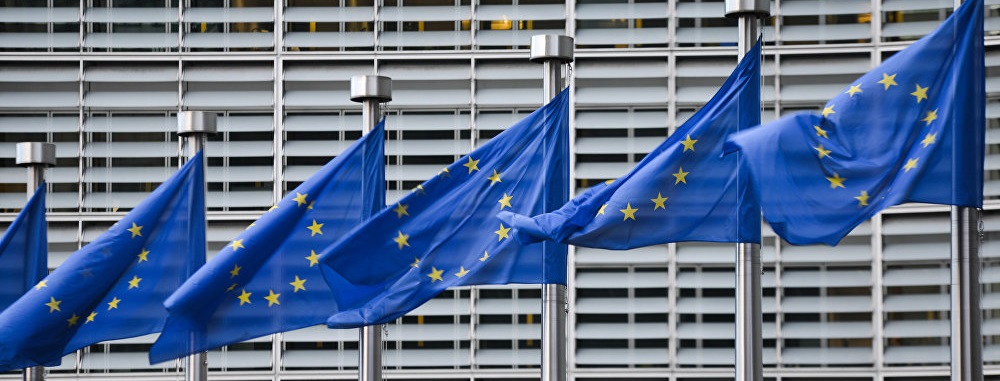March 14, 2019

In the struggle against money laundering in Europe, the score is now: EU member states 2, EU Commission 0.
After succumbing to pressure from EU member states in compiling a list of uncooperative tax jurisdictions, the EU Commission recently suffered another embarrassing brow-beating with the publication of its money laundering blacklist.
For 30 years, global standards on tackling money-laundering and other forms of financial crime have been set by the Financial Action Task Force (FATF). Until recently, the FATF also enjoyed a de facto monopoly on assessing countries’ AML standards and updating “grey lists” of those that fall short.
This monopoly faced a serious challenge when the European Commission recently published its first list of 23 countries and territories that it believes are failing in the fight against money laundering. European banks would be required to carry out enhanced checks on funds from and to the named territories and apply more rigorous vetting procedures on customers based there.
But the FATF can rest easy for now, as Brussels suffered a humiliating defeat in its plans to place Saudi Arabia and four US territories on a money laundering blacklist. Following vigorous objections from Washington and Riyadh, 27 of 28 EU countries, led by the UK, France, Germany and The Netherlands, blocked publication of the list. Belgium was the sole dissenting voice.
The result of this head-on collision between the Commission’s fact-based assessment and geopolitics? The Commission lost and was instructed to rethink its list of high risk third territories.
According to a statement issued, the governments of the 27 aggrieved member countries were upset that the list was not drawn up in a “transparent and credible” process. That is quite an undiplomatic slap in the Commission’s face.
But is the criticism justified? Let’s take a closer look at how the Commission approached the task.
Firstly, it is important to establish that the Commission is required by the Fifth Anti-Money Laundering Directive to compile a list of countries that have strategic deficiencies regarding their legal and institutional anti-money laundering and counter-terrorist financing framework. This Directive was – by the way – approved by those same countries that now object to its ramifications.
Which approach and criteria were used to establish the EU list?
The Commission has clarified that in compiling the list it followed the existing approach taken by the FATF, supplemented by additional assessment criteria based on the Fourth and Fifth Anti-Money Laundering Directives. These include:
- criminalisation of money laundering and terrorist financing,
- customer due diligence and record keeping requirements,
- reporting of suspicious transactions,
- the availability and exchange of information on beneficial ownership of legal persons and legal arrangements,
- the powers and procedures of competent authorities,
- their practice in international cooperation,
- the existence of dissuasive, proportionate and effective sanctions,
- The Commission must check how effectively the anti-money laundering and counter-terrorist financing safeguards are implemented in practice.
I fail to understand why these criteria would be inappropriate and how precisely the process lacks “transparency and credibility”.
In defence of their work, Commission officials countered that the list was repeatedly discussed with members and that it is required to prepare the blacklist under the EU’s anti-money laundering laws. The European Parliament, which also needs to approve the list, backs the Commission and a group of 29 MEPs urge the Commission to stand firm. They argue that making the final list subject to political lobbying from the member states would seriously damage the credibility of the EU.
In an amazing display of audacity, the group of 27 added: “We jointly call for a listing that meets our high standards and thereby further strengthens anti-money laundering and the combat against terrorist financing.”. One would be forgiven for dismissing this as cynical rhetoric.
Perversely, the action by EU member states will please only the mighty criminals. They sleep well, knowing that their dirty money is stored safely in the tax havens that were deleted from the EU list of uncooperative tax jurisdictions at the behest of EU member states.
These 27 countries’ leaders would do well to choose courage over comfort and unambiguously support the Commission’s sincere efforts to strengthen the integrity of the global financial system. EU citizens’ low confidence in the Union will benefit from a “transparent and credible” process without political bullying.
This is not Europe’s finest hour.
Pieter van den Akker, March 2019
